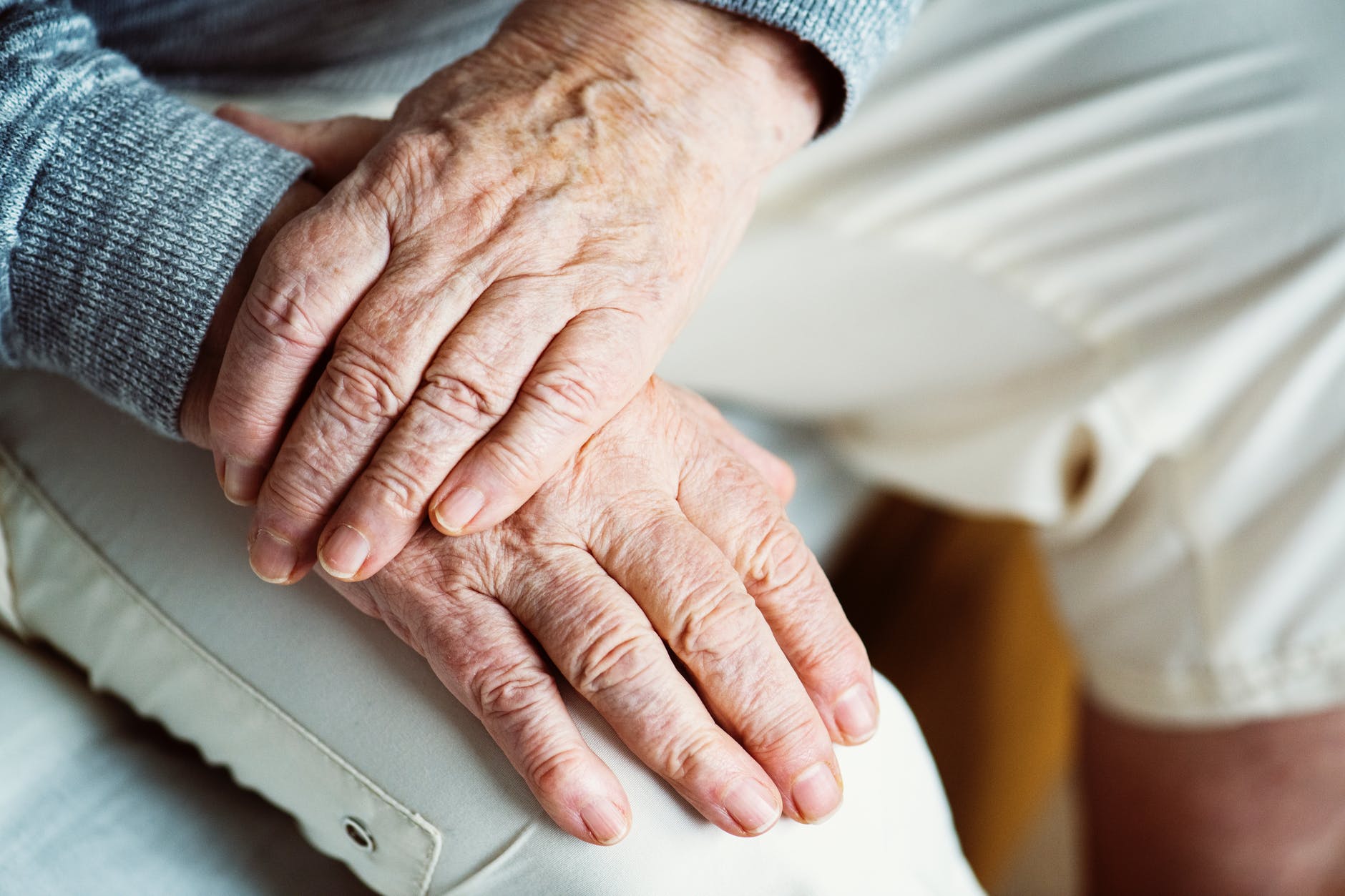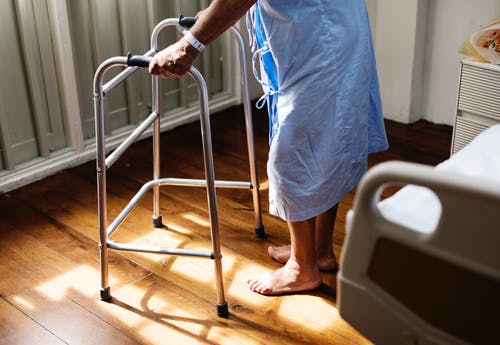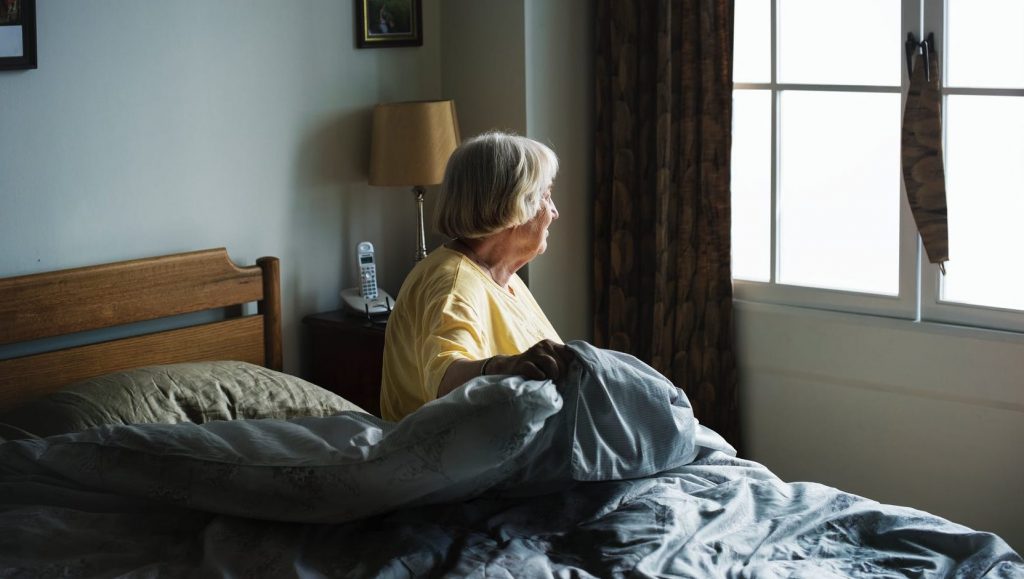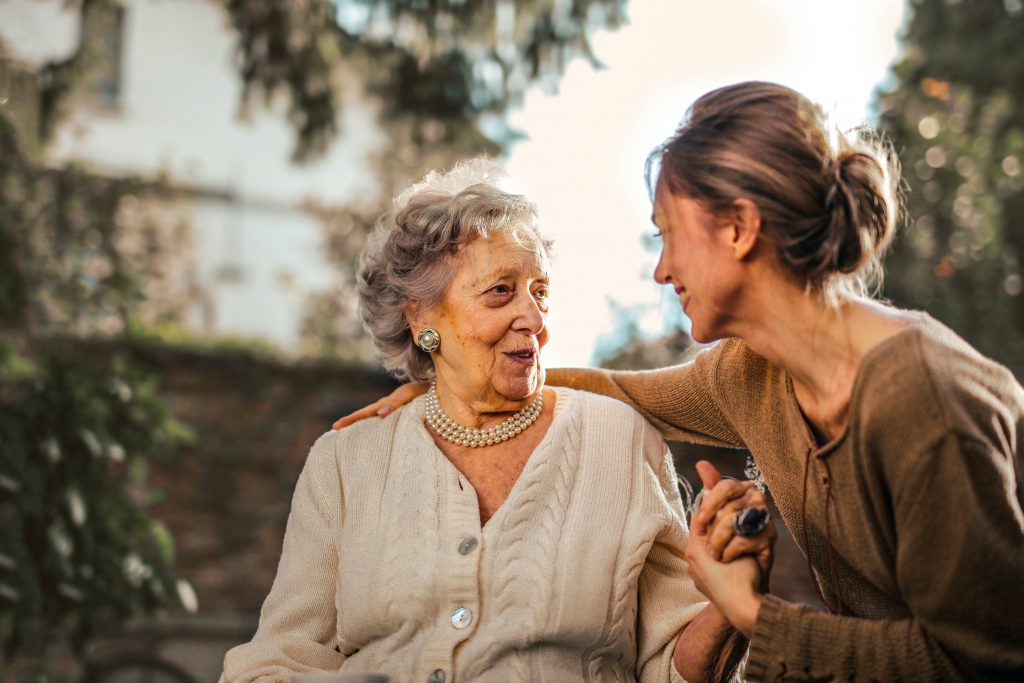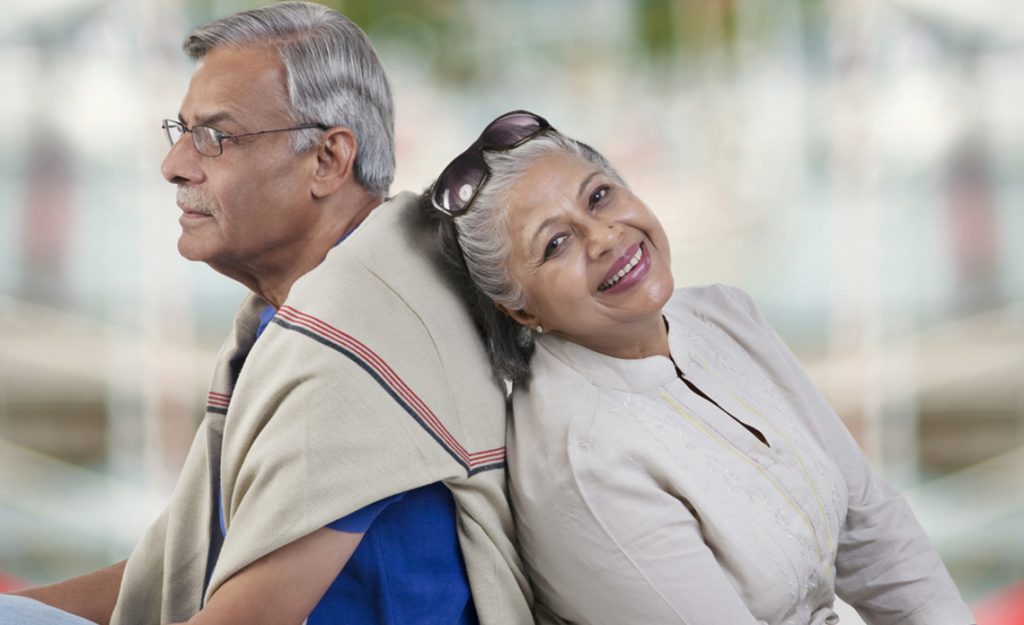AGEING – How to handle the changes (2)
AGEING: changes in the body (part 2)
Digestive system
Age-related structural changes in the large intestine can result in more constipation in older adults. Other contributing factors include lack of exercise, not drinking enough fluids and a low-fiber diet. Medications, such as diuretics and iron supplements, and certain medical conditions, such as diabetes, also might contribute to constipation.
Things can be done to promote health:
- Eat a healthy diet. Make sure your diet includes high-fiber foods, such as fruits, vegetables and whole grains. Limit high-fat meats, dairy products and sweets, which might cause constipation. Drink plenty of water and other fluids.
- Include physical activity in your daily routine. Regular physical activity can help prevent constipation.
- Don’t ignore the urge to have a bowel movement. Holding in a bowel movement for too long can cause constipation.
Bladder and Urinary Tract
Bladder loses its elasticity as one gets aged, resulting in the need to urinate more often. Weakening of bladder muscles and pelvic floor muscles may make it difficult for you to empty your bladder completely or cause you to lose bladder control (urinary incontinence). In men, an enlarged or inflamed prostate also can cause difficulty emptying the bladder and incontinence. Other factors that cause incontinence include overweight, nerve damage from diabetes, certain medications and alcohol consumption.
Things can be done to promote health:
- Go to the toilet regularly. Consider urinating on a regular schedule, such as every hour. Slowly, extend the amount of time between your toilet trips.
- Maintain a healthy weight. If you’re overweight, lose excess pounds.
- Don’t smoke. If you smoke or use other tobacco products, ask your doctors to help you quit.
- Do Kegel exercise. To exercise your pelvic floor muscles (Kegel exercises), squeeze the muscles you would use to stop passing gas. Try it for three seconds at a time, and then relax for a count of three. Work up to doing the exercise 10 to 15 times in a row, at least three times a day.
- Avoid bladder irritants. Caffeine, acidic foods, alcohol and carbonated beverages can make incontinence worse.
- Avoid constipation. Eat more fiber and take other steps to avoid constipation, which can worsen incontinence.
Memory and Thinking Skills
Brain undergoes changes as one age may have minor effects on your memory or thinking skills. For example, healthy older adults might forget familiar names or words, or they may find it more difficult.
Things can be done to promote health:
- Include physical activity in your daily routine. Physical activity increases blood flow to your whole body, including your brain. Studies suggest regular exercise is associated with better brain function and reduces stress and depression — factors that affect memory.
- Eat a healthy diet. A heart-healthy diet may benefit your brain. Focus on fruits, vegetables and whole grains. Choose low-fat protein sources, such as fish, lean meat and skinless poultry. Too much alcohol can lead to confusion and memory loss.
- Stay mentally active. Staying mentally active may help sustain your memory and thinking skills. You can read, play word games, take up a new hobby, take classes, or learn to play an instrument.
- Be social. Social interaction helps ward off depression and stress, which can contribute to memory loss. You might volunteer at a local school or nonprofit, spend time with family and friends, or attend social events.
- Get proper treatment for cardiovascular diseases. Follow your doctor’s recommendations to manage cardiovascular risk factors-high blood pressure, high blood pressure, high cholesterol and diabetes- that may increase the risk of cognitive decline.
- Quit smoking.
